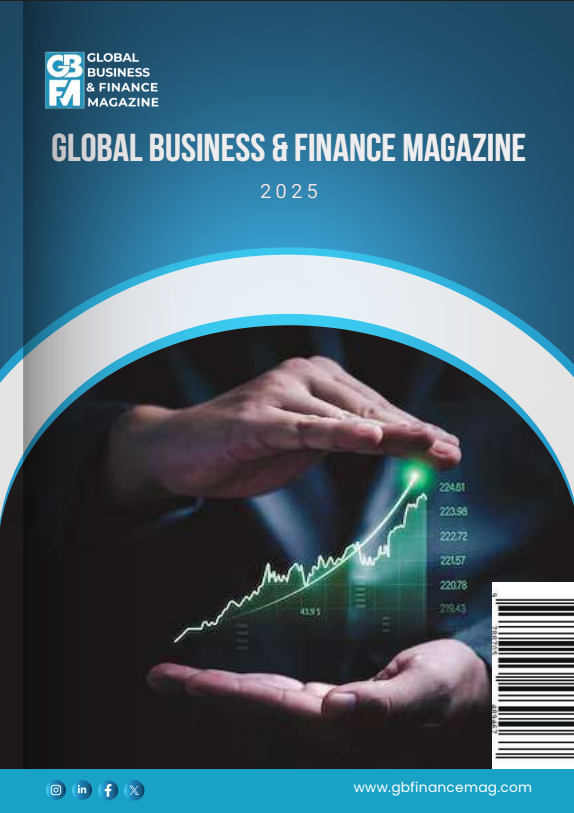Hotter-than-usual years can slow or derail advances in women’s legal rights. A new analysis spanning five decades finds that temperature anomalies—years significantly hotter than a country’s historical norm—are associated with slower gains in legal equality for women, especially in low-income settings. The logic is simple but consequential: extreme-weather events tend to strain budgets and institutions, prompting governments to postpone the most fiscally demanding reforms. The result is a drag on women’s economic empowerment.
Do rising temperatures alter the trajectory of legal reforms that expand women’s rights and economic opportunities?
Climate change can interact with both women’s legal rights and the broader effects on women, creating feedback loops that influence policy priorities.Our study bridges two established facts: legal equality is foundational for inclusive growth and resilience; and extreme-weather events disrupt economies, squeeze public finances, and heighten pressure for short-term relief. The core question is whether such events also re-order policy priorities in ways that slow progress on women’s legal rights.
What the data show
Using the World Bank’s Women, Business and the Law (WBL) database for 190 economies from 1970–2023, combined with high-resolution temperature and precipitation data, four findings stand out:
- Heat matters more than rain. Hotter-than-normal years slow gains in women’s legal equality, while rainfall shocks show little effect.
- Effects are income dependent. Climate events reduce women’s legal progress in low-income countries but show no significant impact in higher-incomeones.
- Costly reforms stall first. Resource-intensive reforms are the first to be deprioritized while lower-cost reforms (like removing restrictions on women’s rights) continue, largely unaffected.
- Long-lasting setbacks. Higher temperatures can have persistent effects in areas central to women’s economic participation and resilience.
How big are the effects? In low-income countries, a one-unit increase in temperature anomaly is associated with a 1.5-point lower WBL index score (on a 0–100 scale). The effect is concentrated in costly reforms (−3.1 points)—those that expand women’s access to economic opportunities and demand substantial fiscal resources and administrative capacity, rather than reforms that simply remove discriminatory laws. This setback also persists for several years. Hotter-than-usual years drive these delays in Parenthood, Marriage, and Mobility reforms, whereas rainfall shocks show little effect (Figure 1).
Figure 1. Effects of temperature and rainfall shocks on women’s legal rights in low-income countries

Source: Women, Business and the Law database.
Note: Bars show estimated changes in WBL scores; lines show 95% confidence intervals.
Why it happens
A political economy pattern explains the results:
- Fiscal crowd-out. Hot years bring harvest losses, health burdens, infrastructure damage, and higher food prices. With limited buffers, governments divert scarce resources to immediate relief, postponing costly reforms that advance women’s legal rights.
- Administrative strain. Disaster response and social protection scale-ups absorb government bandwidth, slowing complex legislative processes and implementation.
- Political incentives. Under acute stress, visible short-term relief tends to crowd out structural reforms — especially those perceived as benefiting a subset of the population or requiring upfront costs.
- Social headwinds. Economic stress can harden conservative norms, making reforms more contentious and reducing women’s space to advocate.
Together these forces create a policy trap: extreme-weather events tend to delay enabling reforms; weaker legal protections reduce women’s resilience, participation, and agency; and lower agency heightens vulnerability to the next shock.
Why this matters for policymakers
- Legal equality is resilience. Laws that support women—from property rights to parental leave, equal pay, pension inclusion, or protection from dismissal during pregnancy—strengthen households and communities, making them better able to absorb and recover from shocks.
- Delays carry real costs. Postponing reforms that enable women to participate fully in the economy means that women remain locked out of economic opportunities, which slows growth and undermines broader development goals.
- Financing matters. Because governments tend to cut back on costly reforms first, resources to safeguard legal equality for women are essential, ensuring that fiscal pressures don’t reverse hard-won progress.
A reframed mandate
Climate events don’t automatically set back women’s rights. But without deliberate design and financing, temperature anomalies can divert policy away from reforms vital to women’s economic empowerment, especially in low-income countries. The paper offers a way forward: center women’s legal rights in climate-resilience plans and protect them with disaster-response tools—fiscal buffers, contingency finance, and institutional safeguards. Doing so preserves hard-won gains and strengthens inclusive, shock-resilient growth.
Source : World Bank





